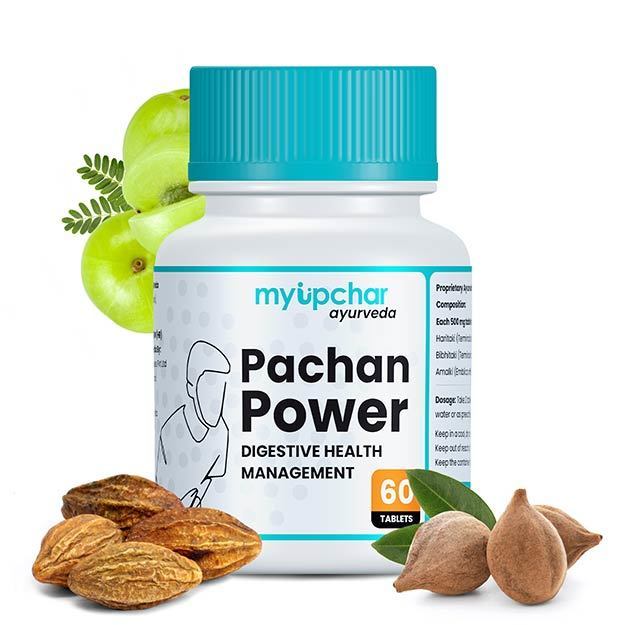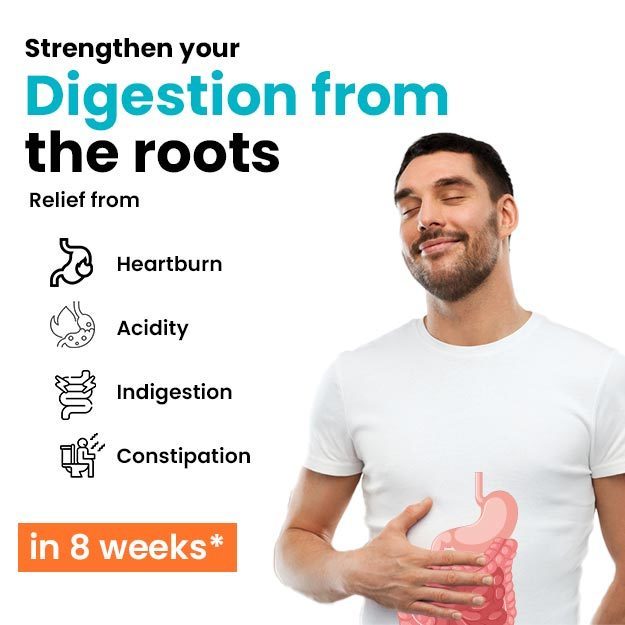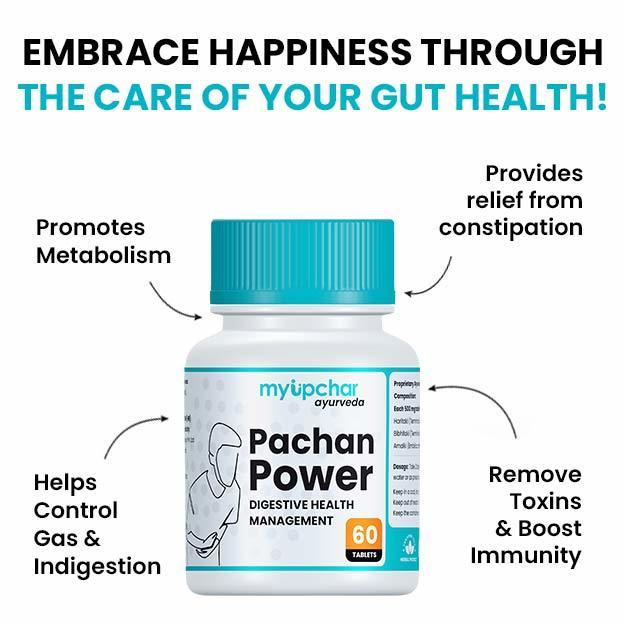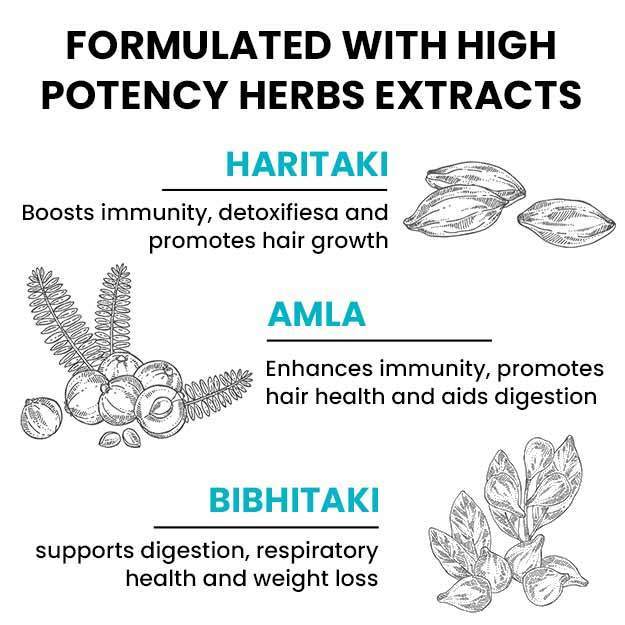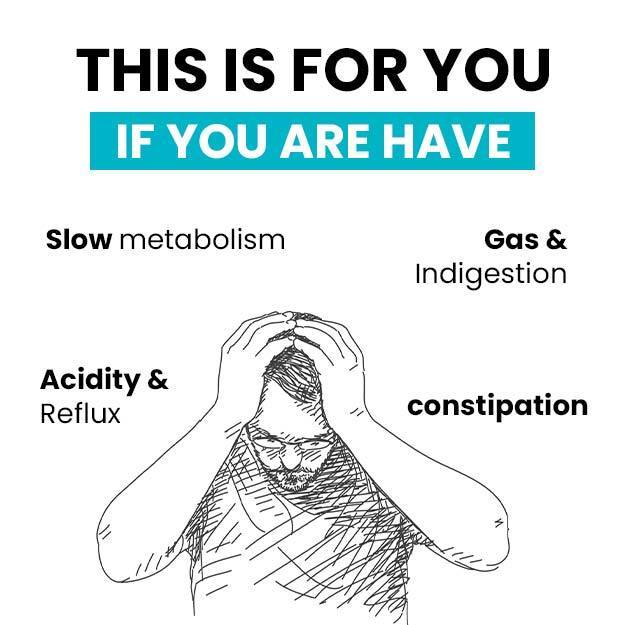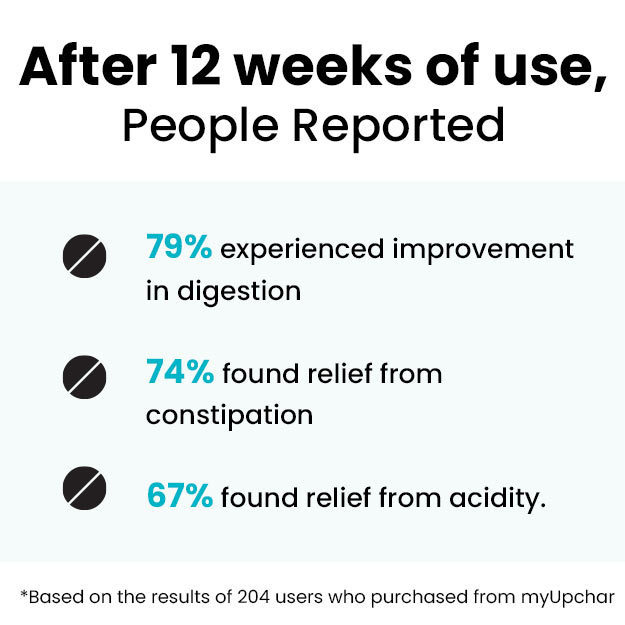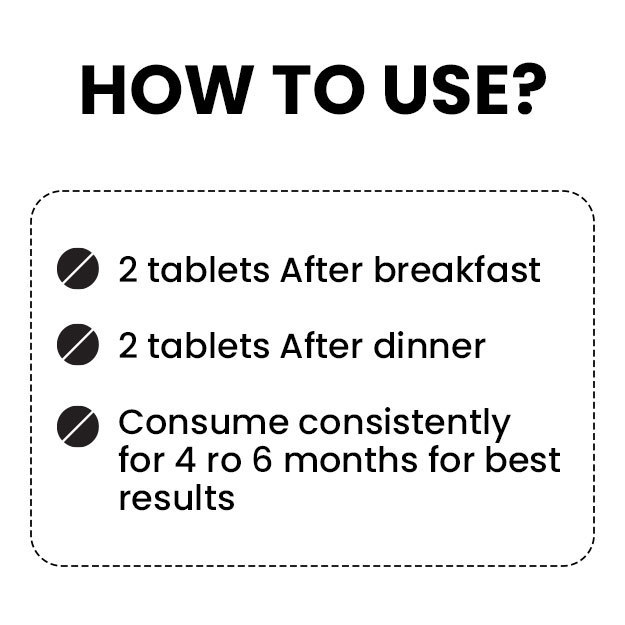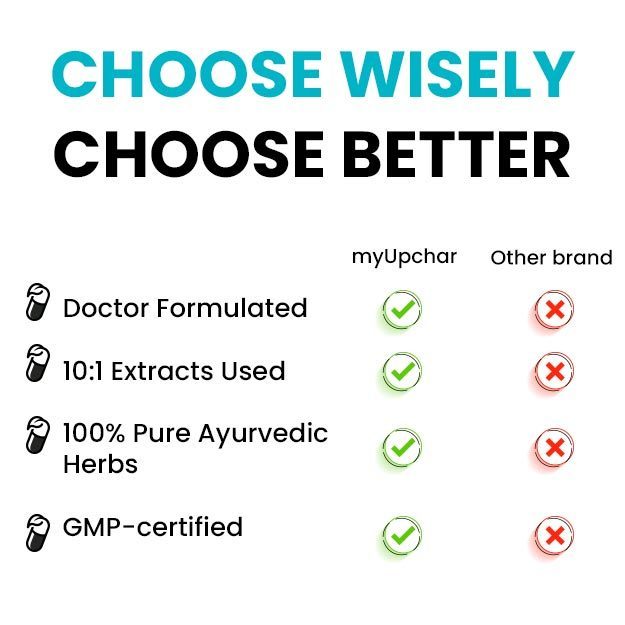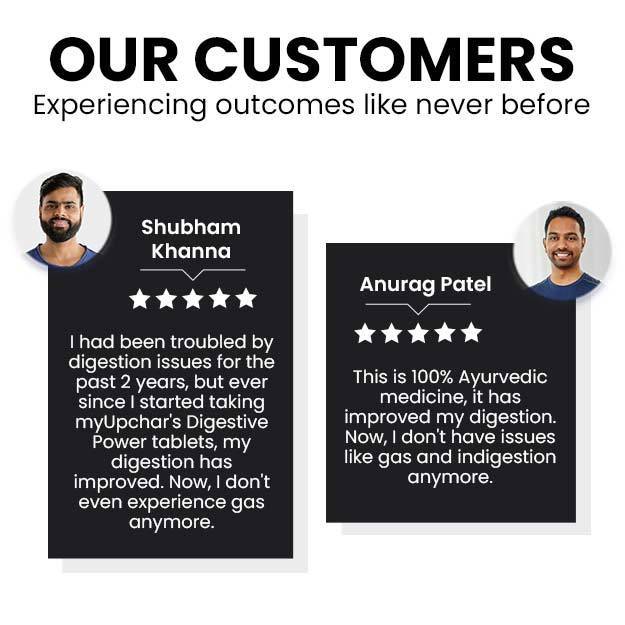Your gut health is precious because not only does your digestion and metabolism depend upon it but so does your overall health. You may have heard of the gut-brain axis or the gut-lung axis, both of which are proof that the microbiome of your intestines can affect how your brain and lungs function too. So, keeping the millions of microorganisms, which inhabit your gut and promote its health naturally, intact is vital. One of the major threats to the gut microbiome is parasitic intestinal worms.
Intestinal worms, also known as soil-transmitted helminths (STH), are a huge public health concern especially in developing countries where a large part of the population does not have access to basic hygiene, sanitation, health education and safe drinking water. Intestinal worms can enter your body due to unhygienic conditions or through food and water. Once they do enter your body and infect your intestines, these parasites can cause malabsorption of vital nutrients, impede growth and cause severe illness.
The World Health Organization (WHO) says that preventive chemotherapy is one of the best approaches to treat as well as prevent STH infections across the world. Deworming is a type of preventive chemotherapy which has been found to be extremely effective in curbing STH incidence, especially when administered through mass campaigns and drives. However, most of these deworming campaigns target children, who do have an increased susceptibility to develop severe diseases or even die due to STH infections but aren’t the only population group that requires deworming.
In fact, most people fail to realise that adults too require deworming, especially if they live in developing countries. Women of reproductive age, pregnant women and those who are exposed to unhygienic living or working conditions regularly (like sweepers and sewer or sanitation workers) have a high risk of developing severe illness due to STH infections. Read this article to find out why adults too need deworming and how and when to get it done.
- Causes of worms in the human body
- Do adults need deworming?
- Effects of not deworming
- High-risk adult groups that need deworming
- How to deworm as adults: medicines and tablets to use
- Takeaways
Causes of worms in the human body
India’s National Health Portal reveals that there are four types of intestinal worms that affect humans the most:
- Roundworm (Ascaris lumbricoides)
- Tapeworm (Cestoda)
- Whipworm (Trichuris trichiura)
- Hookworms (Ancylostoma duodenale)
These worms usually enter the human body through the fecal-oral route and lay eggs in the intestines. Adult worms can cause a variety of symptoms and even grow a few feet long. They can also travel through your bloodstream and cause complications in different parts of your body. Worms can easily enter your body because of unhygienic habits such as:
- Not washing hands properly after urinating and defecating
- Walking barefoot on the grass in your lawn
- Not washing your hands before eating food
- Drinking dirty or contaminated water
- Drinking untreated or unpasteurized milk
- Eating undercooked meat, chicken or eggs
- Not washing vegetables before cooking or fruits before eating them
- Taking a swim in a public swimming pool, rivers or lakes with untreated water
- Getting a lick from an infected pet
- Being exposed to areas with infestations, like open sewers or garbage dumps
Do adults need deworming?
Many people are under the misconception that adults do not require deworming and that it is only meant for children. However, there are plenty of research studies that have provided clarity on this. According to an article published in the journal PLOS in August 2015, it was found that children got reinfected with the worms even after getting the treatment because of the reservoir of worms in the adults.
Another study, published in 2013 in the European journal Tropical Medicine and International Health, reported that hookworm infection can increase significantly with age, which makes adults equally, if not more, prone to infections. These studies prove that adults do have a high susceptibility to getting STH infections, which is why the WHO and other global health agencies recommend deworming courses for all adults once every six months.
(Read more: Infections)
Effects of not deworming
Intestinal worms making their home in your body can have serious consequences for your health, even if the situation may not seem that alarming to you in the beginning. An STH infection, no matter which particular type of worm has infected you, can lead to the following:
- Abdominal or stomach pain
- Diarrhoea or dysentery
- Nausea and vomiting
- Bloating
- Allergic reactions
- Unexplained weight loss
- Fatigue
- Malnutrition
- Pneumonia (when worms migrate to the lungs)
- Brain damage (when worms migrate to the brain)
If you are tired of dieting and exercising and are not able to lose weight, then use myUpchar Ayurveda Medarodh Fat Burner Capsule, it has no side effects, order it today and avail the benefits.
High-risk adult groups that need deworming
There are a few categories of people who may have an increased susceptibility to STH infections. Children are indeed the largest category of humans with increased vulnerability, which is why most deworming campaigns focus on them. However, there are a few categories of adults who have an increased vulnerability to STH infections or may face complications due to the disease. The following are some such categories:
- Women of reproductive age: The WHO says that all adolescent girls and women of reproductive age - meaning those who have reached menarche and haven’t reached menopause - living in areas where STH infections have a prevalence of 20% to 50% must take annual or biannual doses of deworming medications.
- Pregnant and lactating women: The WHO recommends that pregnant women who live in areas where the prevalence of hookworm and whipworm infections is 20% or more need biannual doses of deworming. Deworming is also recommended for pregnant women living in regions where anemia has a high prevalence (40% or above). The administration of deworming courses for pregnant women, however, should only be done after the first trimester is over. Similarly, lactating or breastfeeding women must also do a course of deworming if they live in an area with a high prevalence of STH infections. (Read more: Pregnancy)
- All adults in high-helminth areas: If the area you live in has a high prevalence of STH infections - which may be the case if you live near waste disposal sites or have a job that exposes you to unhygienic conditions regularly - then it is very important that you take a proper deworming medication course twice a year. It is also important to consult a doctor and discuss your individual susceptibility to STH infections based on your diet and hygiene habits, so you can do more preventive courses if needed.
How to deworm as adults: medicines and tablets to use
A single dose of albendazole (400mg) or mebendazole (500mg) can be given to prevent parasitic infection in adults. In the case of pregnant women, deworming medication is given after the first trimester. The medication is given twice a year in regions where the predominance of parasites is more than 50%. You can easily get a prescription for deworming medication from your doctor.
It is recommended that you do not take this medication in doses above the prescription because it can lead to bloating, gas, diarrhoea, constipation, nausea and even skin rashes as common side effects. If you do observe any such symptoms arising after you have taken deworming medications then contact your doctor immediately.
Takeaways
Parasitic worms naturally inhabit the soil of many parts of the world. Unhygienic conditions can make their infestations worse and increase the risk of human transmission. Since STH infections can cause severe complications and may even lead to mortality, it is very important that we prevent this type of infection from ever happening. Deworming biannually, especially if you live in areas with a high prevalence of STH infections, is a key preventive step you can take as an adult.
Deworming medications are easily available at medical stores and can be taken orally in the comfort of your home. The medication flushes out all adult worms from your intestines and clears out all harmful parasites too. You may not feel too hungry after the medication is administered so it is best to consume light, high-fiber foods that also aid the flushing out process. Foods that aid digestion like papaya, yoghurt and cucumbers may also be taken.
Doctors for Deworming for adults

Dr Rahul Gam
Infectious Disease
8 Years of Experience

Dr. Arun R
Infectious Disease
5 Years of Experience

Dr. Neha Gupta
Infectious Disease
16 Years of Experience

Dr. Anupama Kumar
Infectious Disease
References
- World Health Organization [Internet]. Geneva (SUI): World Health Organization; Deworming
- World Health Organization [Internet]. Geneva (SUI): World Health Organization; WHO recommends large-scale deworming to improve children’s health and nutrition
- World Health Organization [Internet]. Geneva (SUI): World Health Organization; Deworming: every girl and every woman has the right to be treated
- National Health Portal [Internet] India; National Deworming Day
- Olds, G Richard. Deworming the World. Trans Am Clin Climatol Assoc. 2013; 124: 265–274. PMID: 23874034
- Ravindran, B. Deworming conundrum - Are we missing an undesirable dimension?. Indian J Med Res. 2013 Aug; 138(2): 178–181. PMID: 24056592
- Taylor-Robinson, David C. et al. Deworming drugs for soil‐transmitted intestinal worms in children: effects on nutritional indicators, haemoglobin, and school performance. Cochrane Database Syst Rev. 2015 Jul; 2015(7): CD000371. PMID: 26202783
- Lu, Louise. et al. Gut Instincts: Knowledge, Attitudes, and Practices regarding Soil-Transmitted Helminths in Rural China. PLoS Negl Trop Dis. 2015 Mar; 9(3): e0003643. PMID: 25807188
- Ghogomu, Elizabeth Tanjong . et al. Deworming in non-pregnant adolescent girls and adult women: a systematic review and meta-analysis. Syst Rev. 2018; 7: 239. PMID: 30572948





